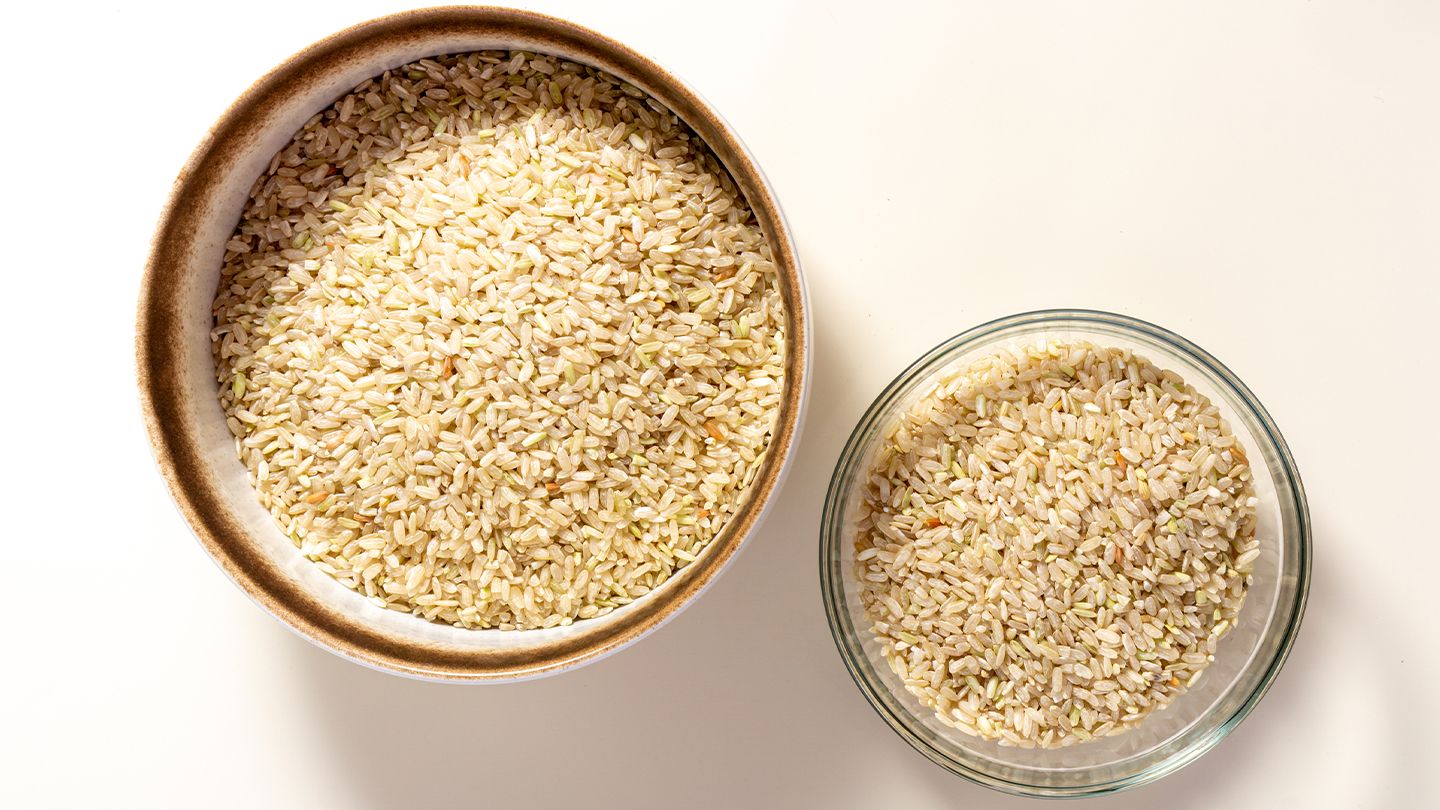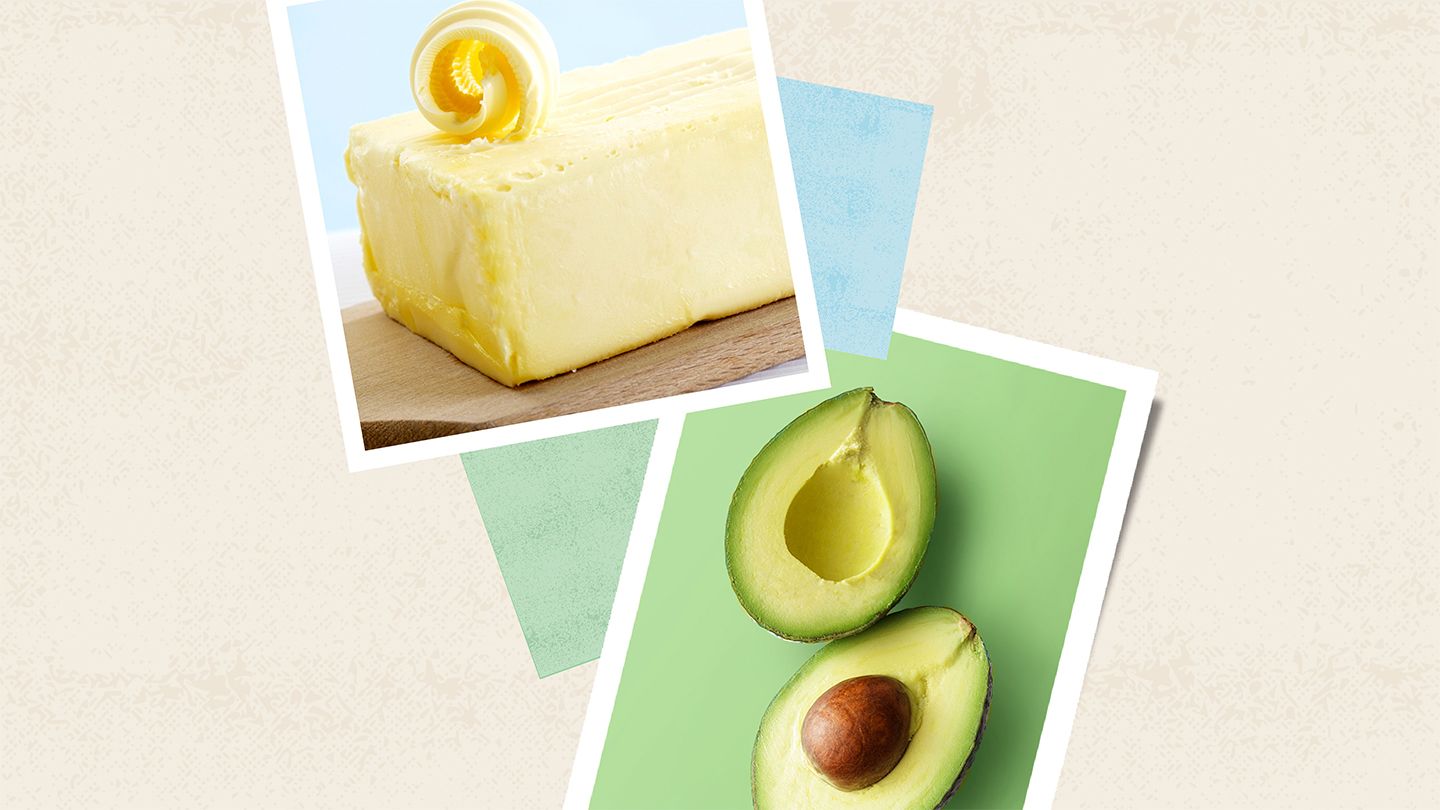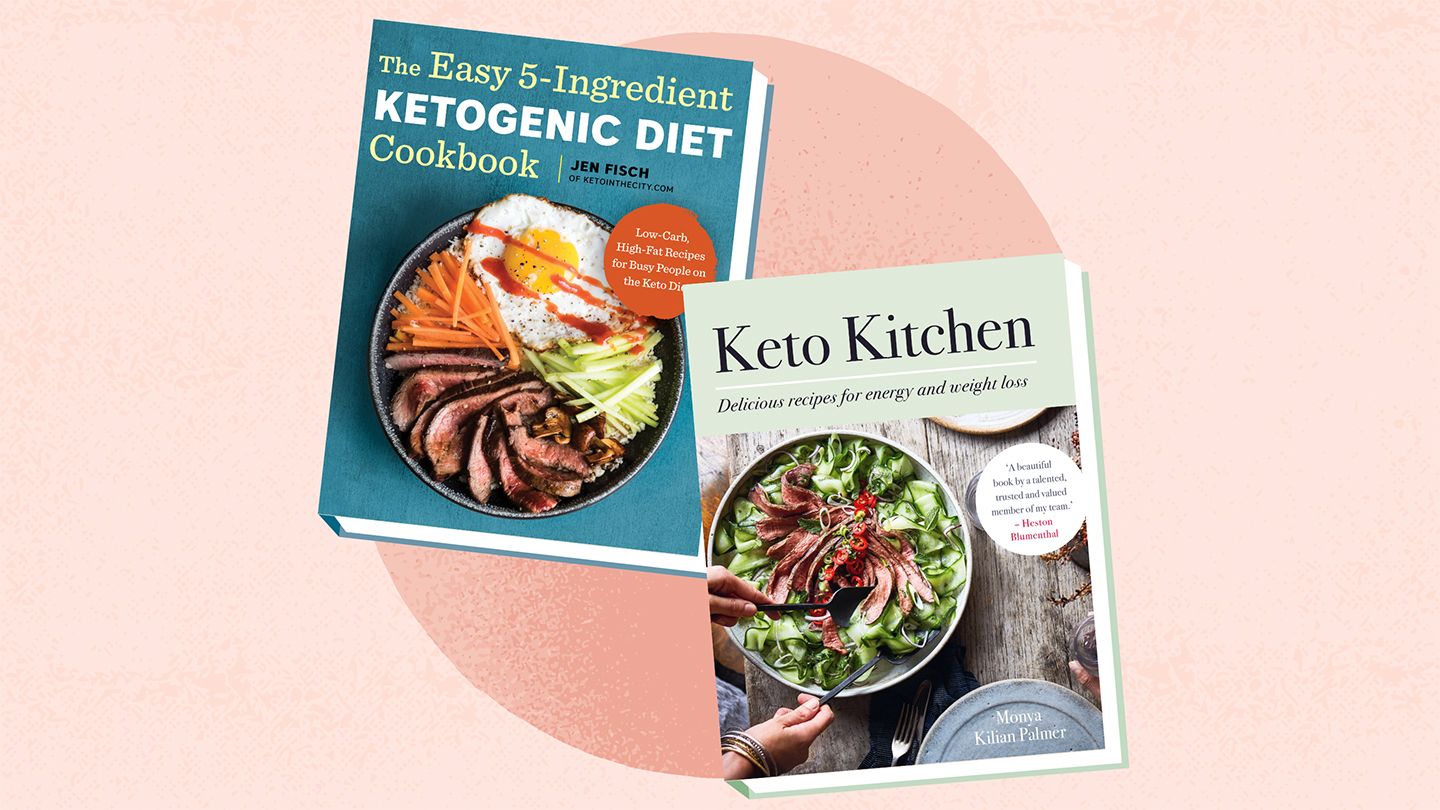An In-Depth Look at the Carb Content of Vitaminwater
Vitaminwater has grown increasingly popular over the years as a flavored, nutrient-enhanced alternative to regular bottled water. With catchy names like XXX, Revive, and Energy, Vitaminwater aims to appeal to health-conscious consumers who want a beverage that offers more than just hydration.
However, concerns have been raised about the actual nutrition value of these brightly-colored drinks. Specifically, many people are curious about their sugar and carb content. If you're watching your carbohydrate intake, such as with a low-carb or ketogenic diet, you may be wondering if Vitaminwater is a good choice for you.
What are the Different Types of Vitaminwater?
Vitaminwater comes in a variety of flavors, each with its own nutritional profile. Some of the most popular options include:
- Vitaminwater Zero - This line is sweetened with non-nutritive sweeteners and contains zero sugar.
- Vitaminwater Energy - Contains caffeine for an energy boost.
- Essential - Electrolyte-enhanced for hydration.
- Focus - Contains nutrients said to support brain function.
- XXX - Fruit-flavored with added antioxidants.
- Defense - Contains zinc and vitamin C.
- Revive - Includes vitamins B and potassium.
- Power-C - With added vitamin C.
- Spark - Carbonated line with natural flavors.
Nutritional Profile of Original Vitaminwater
The original, non-zero line of Vitaminwater contains a significant amount of sugar and carbohydrates. Here is the nutrition information for one 20 oz bottle of standard Vitaminwater, flavor XXX:
- 120 calories
- 32g sugar
- 8g total carbohydrates
- 0g protein
- 0g fat
As you can see, a full bottle contains 8 grams of carbohydrates, which comes entirely from added sugar. There are no other carbohydrate sources like maltodextrin or high fructose corn syrup.
Vitaminwater Zero Calorie and Carb Counts
Vitaminwater Zero offers a different nutritional profile with zero calories, sugar, and carbohydrates. The ingredients include reverse osmosis water, citric acid, natural flavors, vitamin C, vitamin B3, vitamin B5, vitamin B6, vitamin B12, and zinc. These vitamins and minerals provide the product's name and health halo.
Sweetness instead comes from erythritol and stevia leaf extract. These natural, non-nutritive sweeteners allow Vitaminwater Zero to taste sweet without calories or carbs.
Here are the nutrition facts for a 20 oz bottle of Vitaminwater Zero, flavor XXX:
- 0 calories
- 0g sugar
- 0g total carbohydrates
- 0g protein
- 0g fat
So while original Vitaminwater is high in both sugar and carbs, the Zero line contains absolutely no carbohydrates or sugar. This allows it to fit into a ketogenic diet or any eating plan where you're watching your carb intake.
Vitaminwater and the Ketogenic Diet
The ketogenic or "keto" diet is a very low carb eating plan designed to put your body into ketosis. This is a metabolic state where you burn fat for fuel instead of glucose. Ketosis occurs when carb intake is kept to around 5% or less of total daily calories.
On keto, beverages like juice, soda, and sports drinks are typically off limits due to their high carb content. While Vitaminwater doesn't quite fall into the same category, the original does contain a significant amount of added sugar and carbs.
8 grams of carbs is quite low compared to the 65+ grams in juices and sodas. However, without any protein, fat, or fiber to balance it out, the carbs in regular Vitaminwater will likely still impact ketosis.
Experts advise keeping total carb intake to around 20-50 grams per day on keto. One bottle of Vitaminwater would account for nearly half of the upper limit. Consuming several bottles could easily knock you out of ketosis.
However, Vitaminwater Zero offers a nice workaround. With absolutely no carbs, calories, or sugar, it provides flavor variety without disrupting your macros.
Other Ketogenic Diet-Approved Beverages
In addition to Vitaminwater Zero, several other beverage options can fit into a keto diet:
- Water - Plain or sparkling water contain zero net carbs. Flavor with lemon, lime, or berries.
- Unsweetened tea and coffee - Watch out for sweeteners and additions like milk.
- Unsweetened almond milk - Has just 1 gram net carbs per cup.
- Bone broth - Packed with hydrating minerals and contains no carbs.
- Diet soda - In moderation, as artificial sweeteners may impact ketosis.
The Bottom Line on Vitaminwater and Carbs
Vitaminwater aims to appeal to health-conscious consumers but is far from being a low carb beverage. A standard 20 oz bottle contains 32 grams of sugar and 8 grams of carbohydrate.
This amount of sugar and carbs is sure to impact ketosis and weight loss if consumed regularly. However, Vitaminwater Zero offers a smarter alternative with zero carbs, sugar, or calories.
If you choose to drink regular Vitaminwater, do so occasionally and in moderation. Keep close track of your daily macro goals. For the best chance of maintaining ketosis, stick to the Zero line and other low or no carb beverages.
At the end of the day, plain water is always the healthiest choice. But for an occasional, flavored low carb drink alternative, Vitaminwater Zero fits the bill.
Disclaimer: This article is for informational purposes only and does not constitute medical advice. Always consult with a healthcare professional before starting any new treatment regimen.
Related Coverage
Prevent keto flu, cramps, fatigue, and heart issues by eating magnesium-rich foods like pumpkin seeds, leafy greens, cocoa and fatty fish. Supplements can also help....
The Atkins and keto diets are popular low-carb approaches to weight loss. Learn how these diets compare in terms of results, health benefits, foods to eat, and downsides....
Kimchi's active fermentation and fiber content makes it fit low-carb keto guidelines. Enjoy probiotics, anti-inflammatory effects and antioxidants by regularly adding kimchi....
Learn the best and worst fat choices for keto success. Focus on omega-3s and monounsaturated fats like olive oil, avocado, nuts and fish while limiting processed and vegetable oils....
Learn how many carbs are in 8oz of cream cheese and how to fit it into a keto diet. Compare carbs in light, whipped and flavored cream cheese varieties....
An ear of corn contains 25-30 net grams of carbohydrates, making it too high for keto diets. Learn about the carb count, sugars, and alternatives to corn....
Discover the calorie content of a salad with ranch dressing and learn about healthier alternatives to help support your weight loss goals without sacrificing flavor....
If you've been on keto but are struggling with side effects, weight loss plateaus, or feeling restricted, it may be time to quit. Consider signs like digestive issues....
Stay cozy and satisfied this winter with delicious keto-friendly hot drinks like spiced tea, bone broth, hot chocolate, blended coffee, herbal tea and more....
Discover the world of tequila soda, a refreshing and low-calorie cocktail option that combines quality tequila with soda water. Explore its calorie content, benefits, and tips for making the perfect drink....









